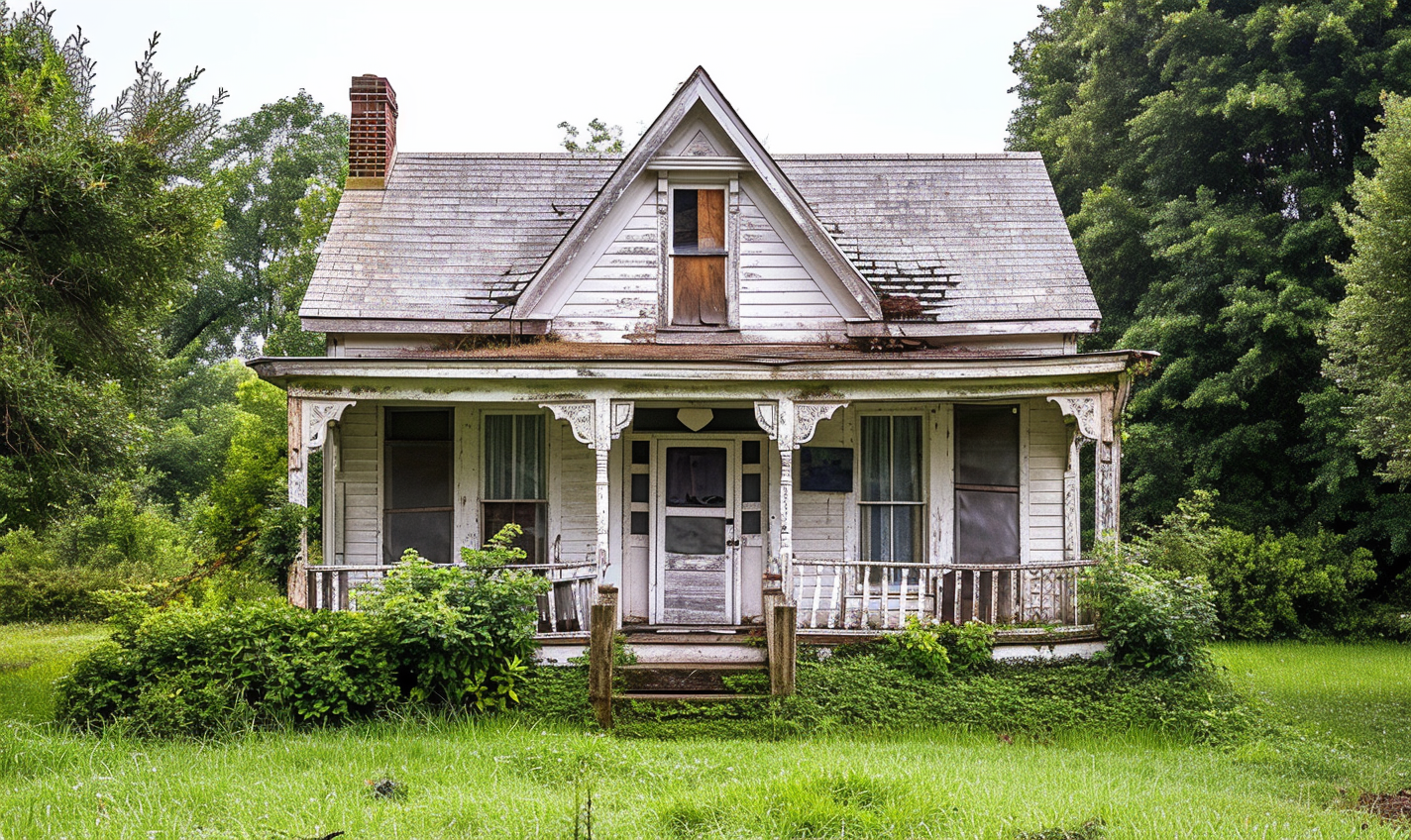Congratulations! You’ve finally discovered the ideal fixer-upper property that has captured your heart. Perhaps you’ve spent a considerable amount of time searching for houses within your budget, touring various properties until you stumbled upon the dreamy “fixer-upper” that you can’t wait to transform. While the prospect of a new home is exhilarating, it’s essential to be mindful of potential challenges and pitfalls associated with renovation projects. To help guide you through this exciting but sometimes tricky journey, here are 10 crucial fixer-upper pitfalls to avoid when house hunting:
- Foundation Issues: It’s crucial to ensure that the foundation is solid. Structural or foundation problems, especially on a tight budget, may lead to significant challenges. Most insurance companies won’t cover homes with foundation issues, making it advisable to steer clear unless you’re well-prepared for substantial repairs.
- Leaking Basements/Mold: Water leaks and visible mold in the basement can be indicators of long-term issues. Mold is a serious concern that shouldn’t be overlooked. Avoid the temptation to merely spray bleach and paint over mold; professional intervention is necessary to address potential health risks.
- Roof and Gutters: An old roof or damaged gutters must be addressed promptly. Small roof holes, even if seemingly minor, can lead to costly leaks over time. Checking for water issues after heavy rain can provide insights before committing to a property.
- Termites and Pests Inspections: Waiving a termite inspection may seem like a cost-saving measure, but it’s a risky decision. Termite damage, even if not visible, can lead to significant problems later. Don’t skip this essential inspection.
- Electrical Issues: Ensure that the electrical wiring is up to date and meets code requirements. Faulty wiring in an older home can pose serious risks, and a complete rewiring may be necessary.
- Plumbing Issues: While minor plumbing problems can be DIY-fixed, major issues can be expensive and pose health risks. Unpleasant odors may signal serious plumbing problems that require professional attention.
- HVAC: Verify the working condition of the HVAC unit. Repairing an older unit may cost more than investing in a new one, so consider this when evaluating the property.
- Asbestos: Before undertaking any renovations, especially involving walls, ceilings, and floors, have the property inspected for asbestos. It’s a hazardous substance that poses health risks and can lead to legal violations and fines.
- Natural Light: Consider the amount of natural light the property receives. Regular visits at different times of the day will reveal the actual lighting conditions. Ensure you’re comfortable with the natural lighting before making a decision.
- Landscaping Issues: A picturesque setting may come with maintenance challenges. Trimming trees, addressing potential structural and plumbing issues, and managing vegetation are essential considerations.
Remember, even if the excitement of finding a new home is overwhelming, taking the time to assess these potential pitfalls can save you from regrettable decisions. Best of luck on your fixer-upper adventure!


























